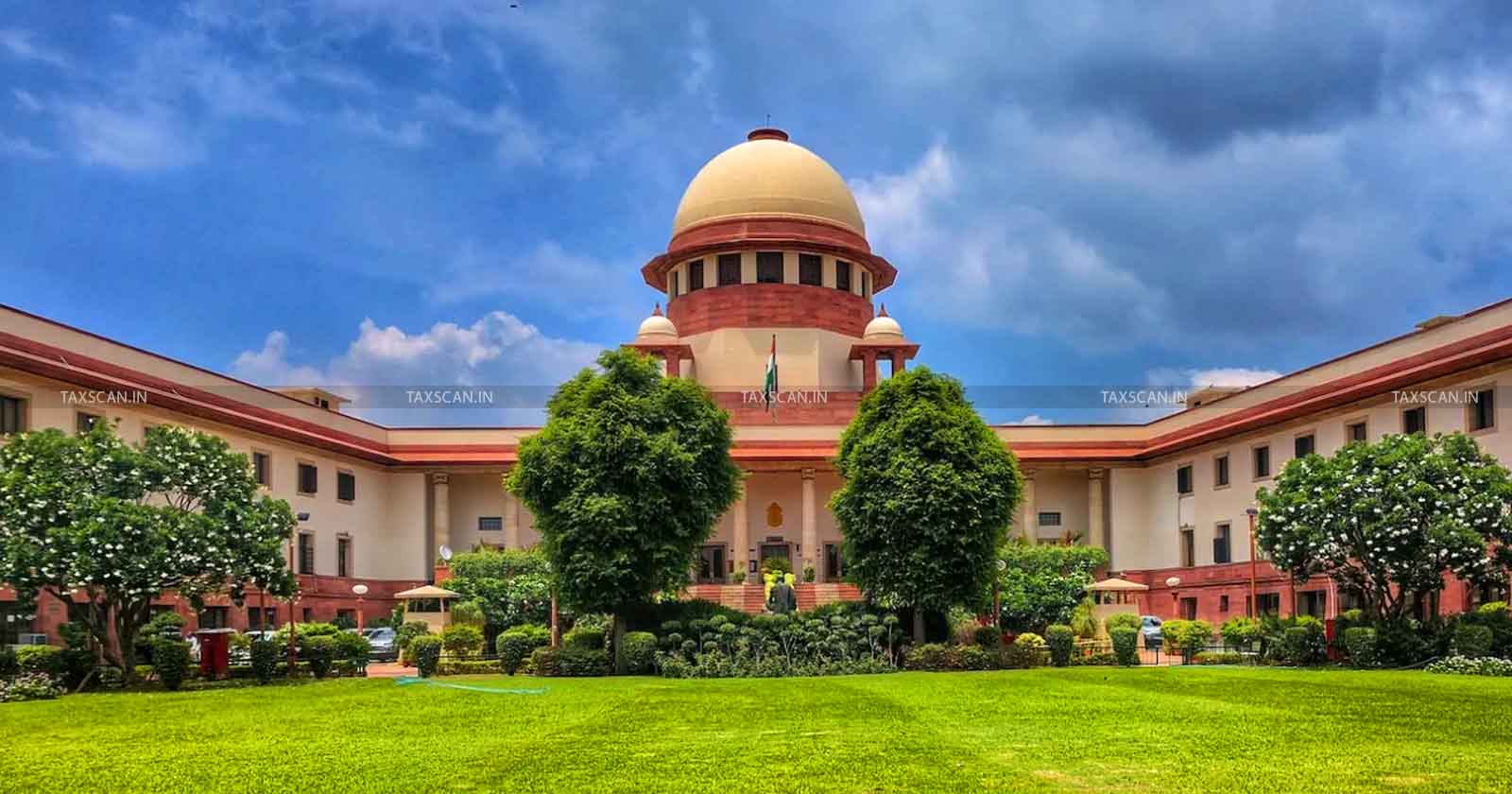Supreme Court Stays ₹5,712 Crore GST Demand on Paytm’s First Games Amid Industry-Wide Legal Battle
The SC granted temporary relief to Paytm's First Games in a ₹5,712 crore GST case, pausing proceedings amid a wider legal battle over taxing online skill-based gaming.

In a recent order, the Supreme Court of India temporarily stayed further action on a massive ₹5,712 crore tax notice issued to First Games, a real-money gaming (RMG) platform owned by Paytm.
First Games had filed a writ petition in the Supreme Court challenging the show-cause notice, which claimed that the company owed ₹5,712 crore in Goods and Services Tax (GST). The court responded by putting a temporary hold (a “stay”) on any further proceedings related to the notice until it decides on the case completely.
This case is not happening in isolation. It is expected to be added to a much larger group of legal cases, 27 writ petitions that are already being reviewed by the Supreme Court. These cases were earlier filed in different High Courts across India but were combined and transferred to the Supreme Court in late 2024 because they all deal with the same big issue: how GST should be applied to online skill-based games that involve money.
Know the complete aspects of tax implications of succession, Click here
The Supreme Court is now reviewing these cases together. The two judges hearing the matter, Justices J.B. Pardiwala and R. Mahadevan, have already started proceedings. They are trying to decide whether games like fantasy sports, poker, and rummy which involve skill but also allow users to win real money should be taxed the same way as gambling under India’s GST law. The next hearing for these cases is scheduled for July 15, 2025.
The legal battle started after the GST Council made a major decision in August 2023. It announced that all forms of online gaming, along with casinos and horse racing, would now be taxed at 28%. What made things worse for gaming companies was the government’s decision to apply this rule not just going forward from October 1, 2023, but also retroactively from July 2017.
This meant that companies had to pay back taxes based on the total money users deposited into games, not just the platform’s earnings or commission (known as Gross Gaming Revenue), which earlier was taxed at 18%. For many companies, this change increased their tax burden by 400% to 500%.
Complete Ready to Use PDFs of 200+ Agreements Click here
More than 70 gaming companies, including industry giants like Dream11, Gameskraft, Games24x7, and Delta Corp, were slapped with huge tax bills, adding up to ₹1.12 lakh crore. The government argues that when users play any game for real money, it becomes gambling, regardless of whether the game requires skill or luck. Therefore, they believe the entire amount of money deposited by users should be taxed at the highest rate.
 Also Read:Specific Role of Director Need Not Be Detailed in Cheque Dishonour Complaint: Supreme Court Clarifies Vicarious Liability u/s 141 of NI Act [Read Judgement]
Also Read:Specific Role of Director Need Not Be Detailed in Cheque Dishonour Complaint: Supreme Court Clarifies Vicarious Liability u/s 141 of NI Act [Read Judgement]
On the other hand, gaming companies strongly disagree. They argue that skill-based games are legal under Indian law and are different from gambling. Many courts in the past have ruled that games of skill like poker and fantasy sports cannot be treated as gambling. In addition, some Indian states, such as Nagaland and Sikkim, even have laws that officially recognize and regulate skill-based games. Companies argue that taxing them as if they are running gambling businesses is unfair and goes against earlier legal decisions.
To support its position, the government has presented what it calls the “Seven Sutras” seven key arguments that explain why they believe GST should apply fully to all money involved in online gaming. According to them, it doesn’t matter how the game works or whether it involves skill. The key factor is whether money is at stake. If it is, then the full value of the bet should be taxed.
Step by Step Handbook for Filing GST Appeals Click here
This legal uncertainty is already hurting the gaming industry. Several startups like Quizy and Rush Gaming Universe have shut down. Bigger companies like MPL and Pocket52 have had to lay off employees or pause their operations. The industry currently employs over 100,000 people and brings in large amounts of foreign investment. It was expected to grow to $5 billion in annual revenue by 2026, but the tax issue has created a major roadblock.
The outcome of this legal battle will not only decide the future of online gaming in India but could also set the tone for how the government regulates and taxes other new digital businesses like cryptocurrency platforms, fintech companies, and Web3 startups. If the Supreme Court rules in favor of the government, many gaming companies might face bankruptcy or even criminal charges. If it rules in favor of the industry, it could lead to more clarity and growth in India’s digital economy.
For now, First Games and many others have a temporary break, but the final decision will come only after the Supreme Court completes the hearings and gives its judgment. Until then, the entire sector and its investors are watching closely.




